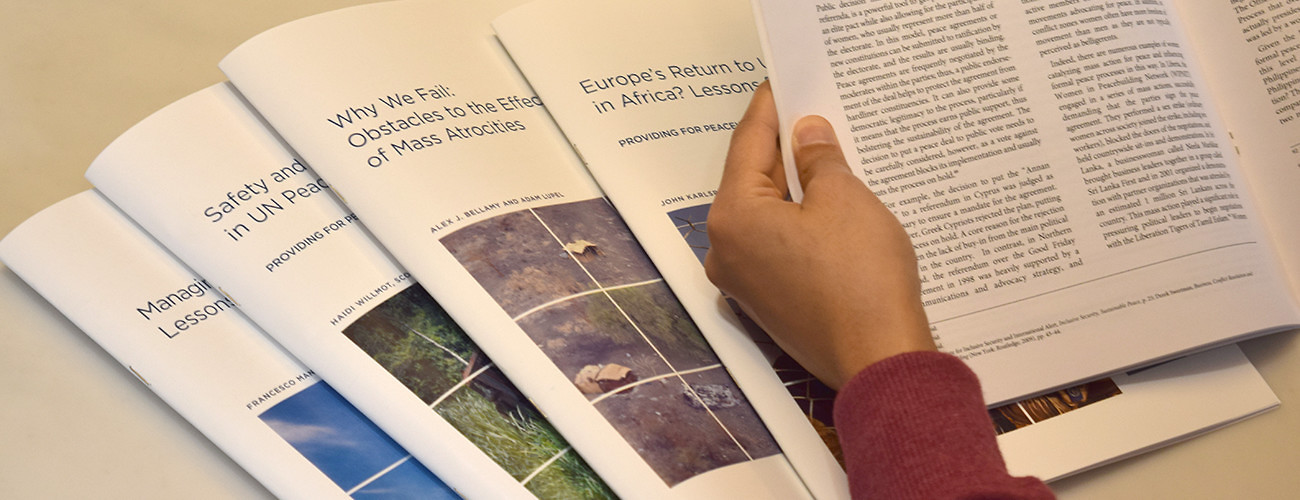“It is war—not peace—that has the momentum,” the former head of United Nations peacekeeping, Jean-Marie Guéhenno recently noted, referring to the returning trend of rising deaths related to conflict, after two decades of decline following the end of the Cold War.
Research published by IPI has sought to capture much-needed momentum for peace, and adapt to new realities that face policymakers, particularly those in the multilateral system. The appeal of promoting reform and innovation, and posing difficult questions around current methods of operating, is reflected in the most popular IPI reports released throughout 2015.
The top five below include a study of the impact of women’s roles in peacemaking, and how effectively it has been promoted globally; a consideration of the factors that inhibit our ability to prevent mass atrocities, which continue to be perpetrated in places such as Syria and South Sudan; and a case study of revived European involvement in African peacekeeping, focusing on Mali.
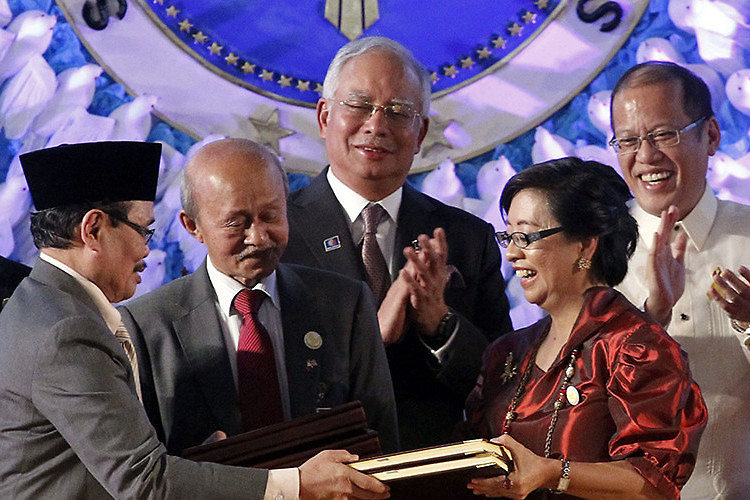
Reimagining Peacemaking: Women’s Roles in Peace Processes
Coinciding with the 15th anniversary of the UN Security Council Resolution 1325 on women, peace, and security, IPI researchers worked with the Graduate Institute of International and Development Studies to fill an empirical gap on women’s participation in peace processes. Drawing on a comparative study of 40 peace and transition processes, the report demonstrates that successful processes that include women produce accords that are 20% more likely to last at least two years and 35% more likely to last for 15 years. The authors conclude that “when women are able to effectively influence a peace process, a peace agreement is almost always reached and the agreement is more likely to be implemented.” Further from this, the report offers a number of firm recommendations on how international policies and practices could be improved to build on this established connection.
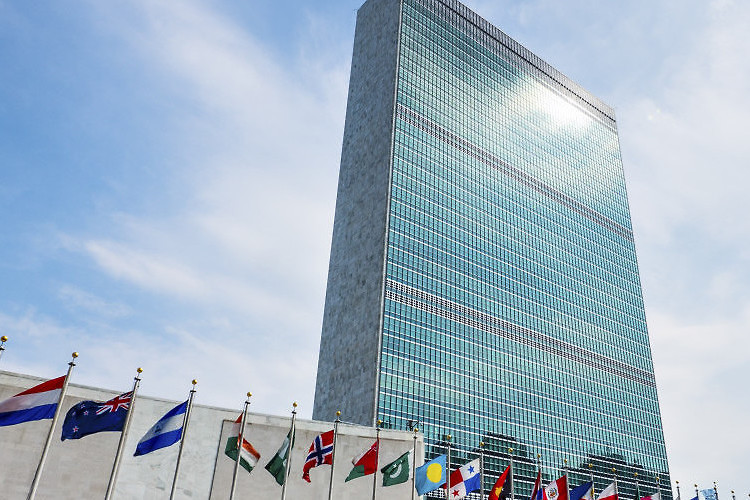 Managing Change at the United Nations: Lessons from Recent Initiatives
Managing Change at the United Nations: Lessons from Recent Initiatives
The UN also celebrated its 70th anniversary during 2015. Many commentators used the occasion to remark on what is perceived to be the global body’s increasing unworkability or irrelevancy and the need for reform. As this report from IPI Senior Adviser Francesco Mancini illustrated, these calls are not new. The paper examines a number of past initiatives for change that have been enacted, as well as the obstacles they face, in a bid to provide lessons for future efforts. It argues for a model of continuous improvement, and offers a number of recommendations on how to achieve this, including the need for the Secretary-General to clarify the strategic vision of the Secretariat. This is something that will become increasingly important as a new leader takes office next year.
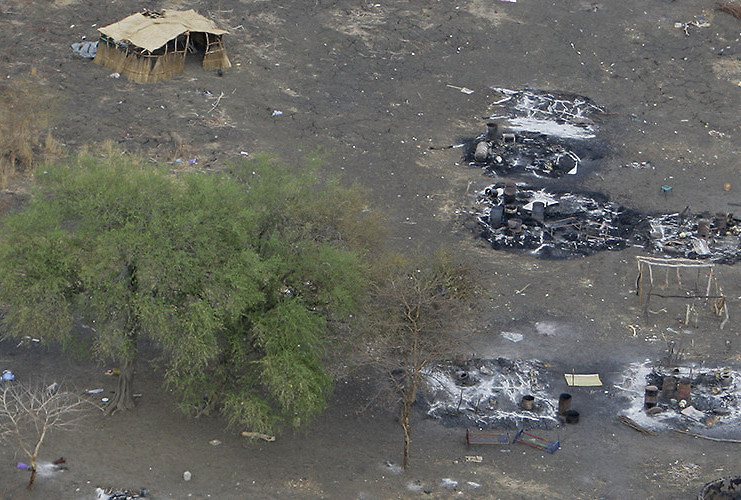 Why We Fail: Obstacles to the Effective Prevention of Mass Atrocities
Why We Fail: Obstacles to the Effective Prevention of Mass Atrocities
An unwelcome complement to the general trend for rising violence has been the continued prevalence of mass atrocity crimes in many unstable parts of the world. Responding to recent incidences of widespread killing of unarmed civilians, largely in the Middle East and sub-Saharan Africa, this report attempts to answer the essential question: “why?” Specifically, the authors look at why the multilateral system continuously fails to prevent such crimes when so many years and resources have been devoted to the task. Why We Fail identifies significant gaps between what is expected of the UN, and how it is configured to act, and once again identifies a number of ways these gaps might be filled.
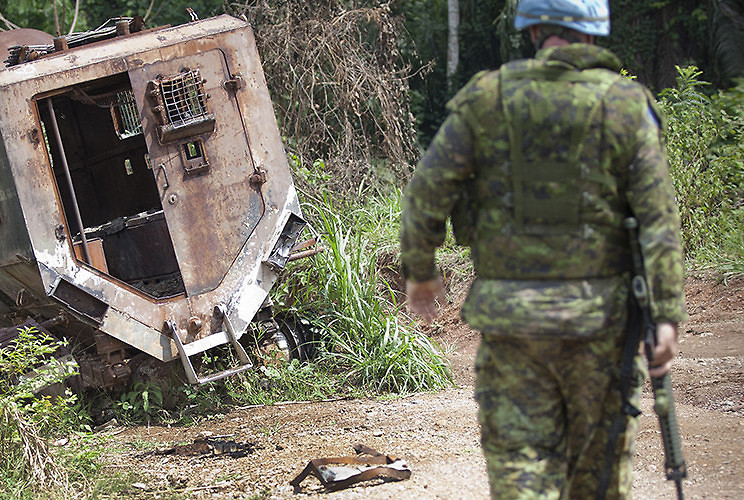 Safety and Security Challenges in UN Peace Operations
Safety and Security Challenges in UN Peace Operations
In attempting to protect civilians from the new and existing threats outlined above, UN personnel must contend with significant threats to their own safety. Despite an increased awareness of this issue since the 2003 bombing of the UN headquarters in Iraq, this report from IPI’s Providing for Peacekeeping series identifies that security issues are not often prioritized as of strategic and political importance in the operation of missions themselves. The authors assess existing management structures, policies, and processes to identify potential areas of relevant reform. A common theme is the need to develop consistency and commonality of approaches across the UN system.
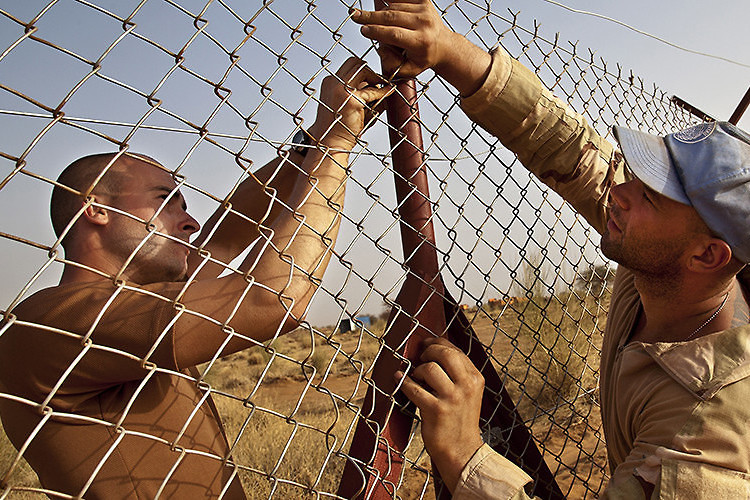 Europe’s Return to UN Peacekeeping in Africa? Lessons from Mali
Europe’s Return to UN Peacekeeping in Africa? Lessons from Mali
Another report from Providing for Peacekeeping looks at the recent uptick in European contributions to African peacekeeping, through the lens of the UN mission in Mali. Given that this represents a break from declining European involvement on the continent, the report finds that there has been a process of learning and adaptation for those newly operating in African conditions. Nonetheless, it comes to a promising conclusion that increased European military contributions could strengthen UN operations in Africa at a time of significant capability constraints. Furthermore, the UN could enhance its ability to promote learning and adjustment to the increasingly assymetric threat environments that face all peacekeepers, regardless of their country of origin.
